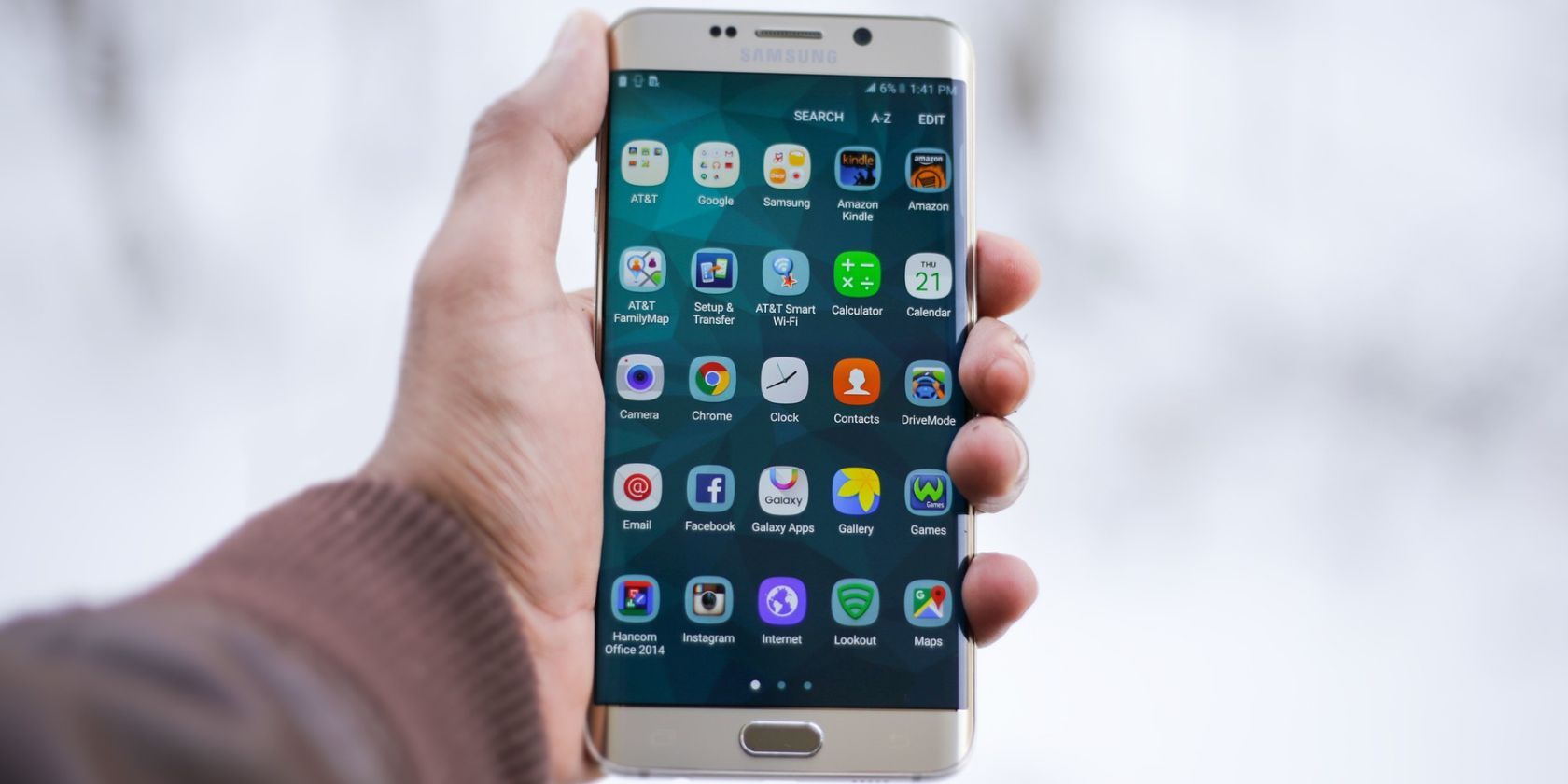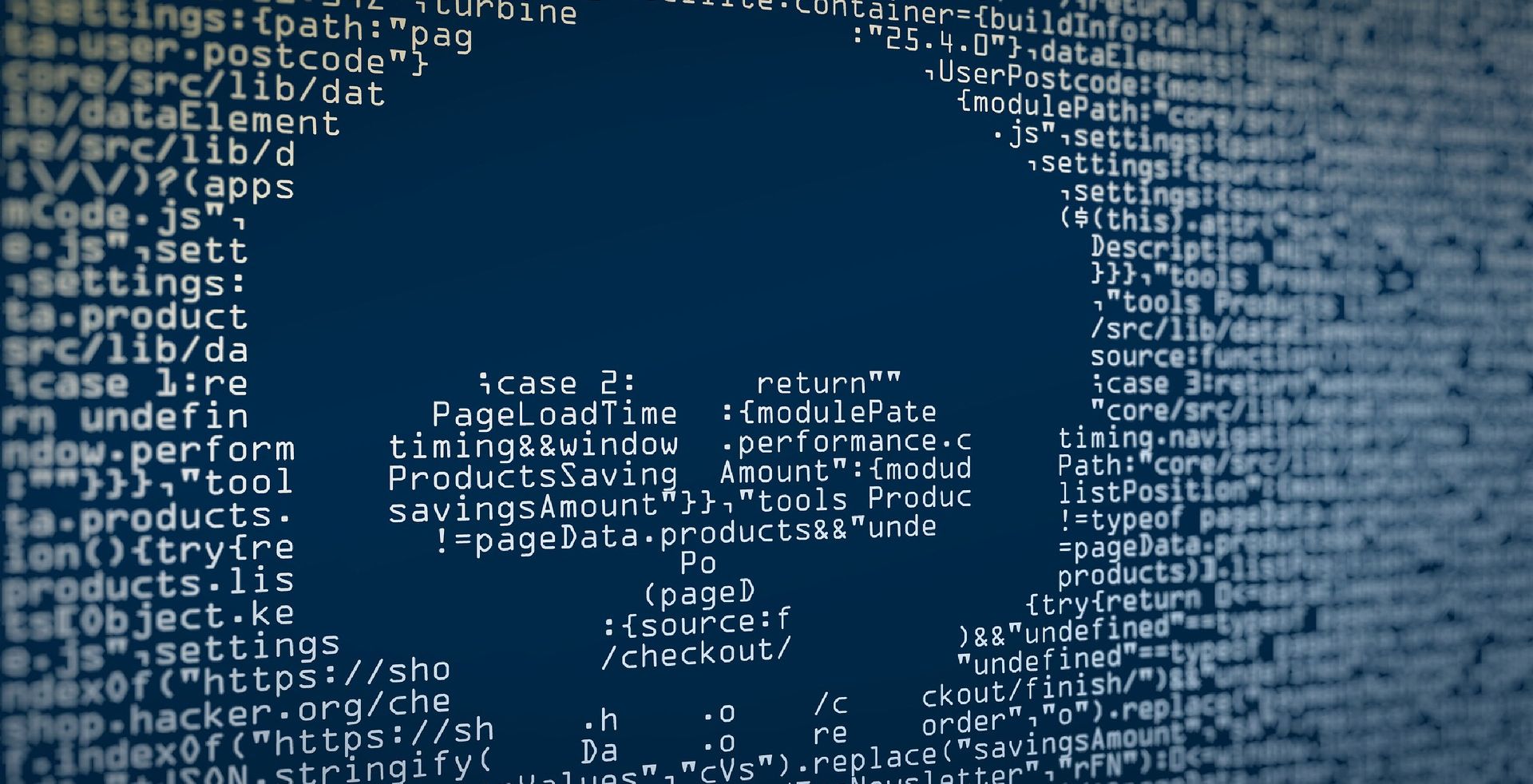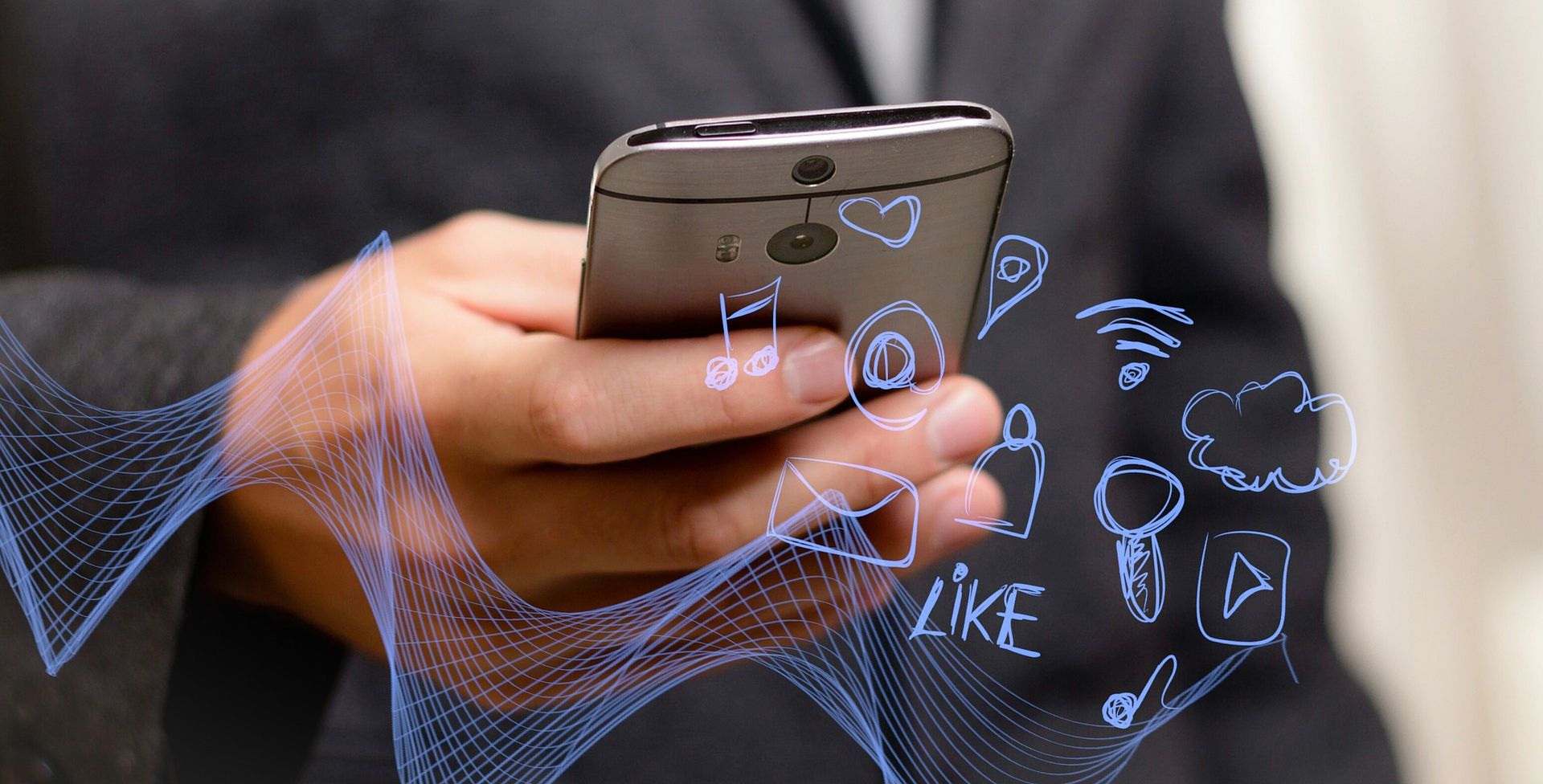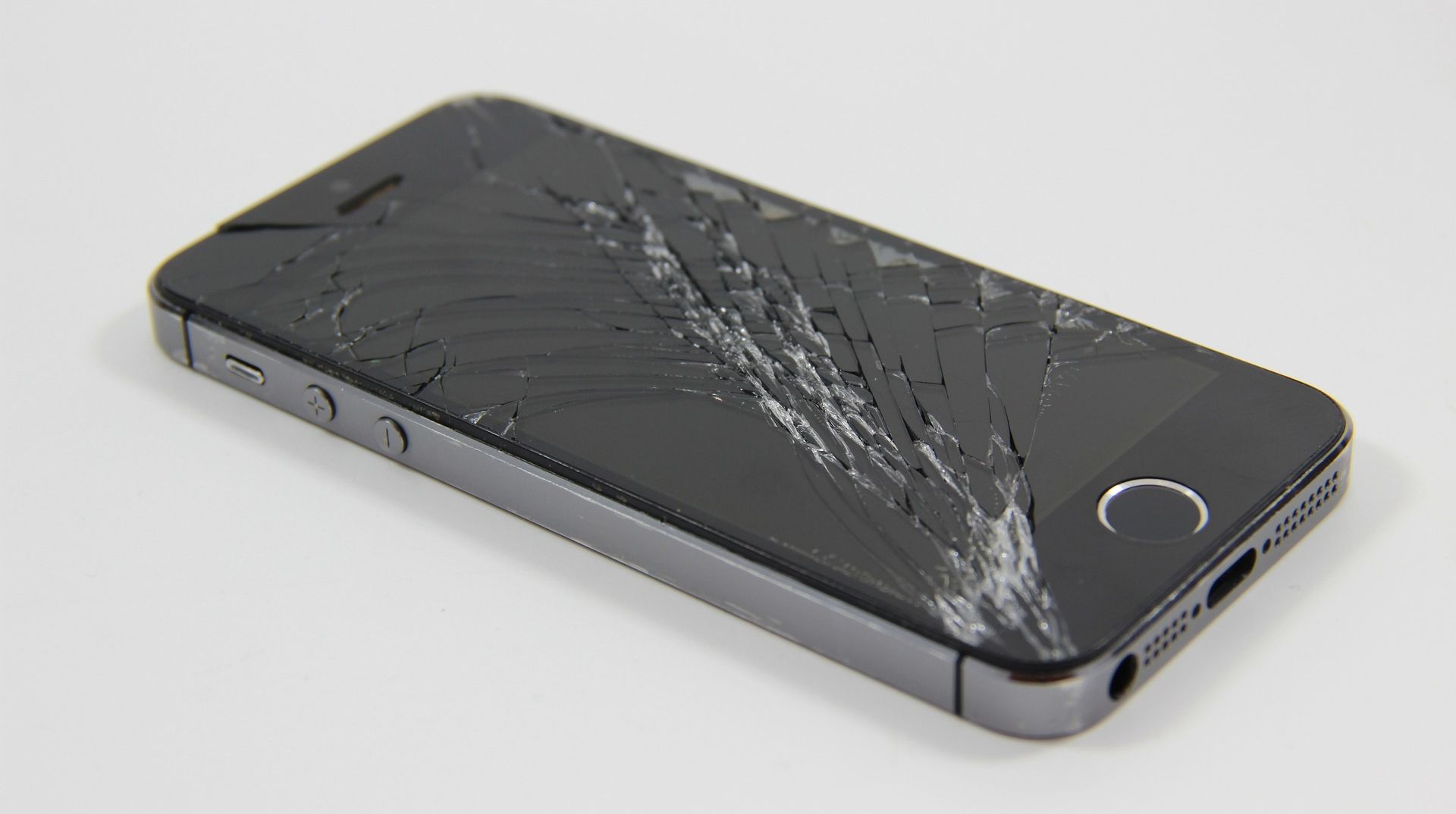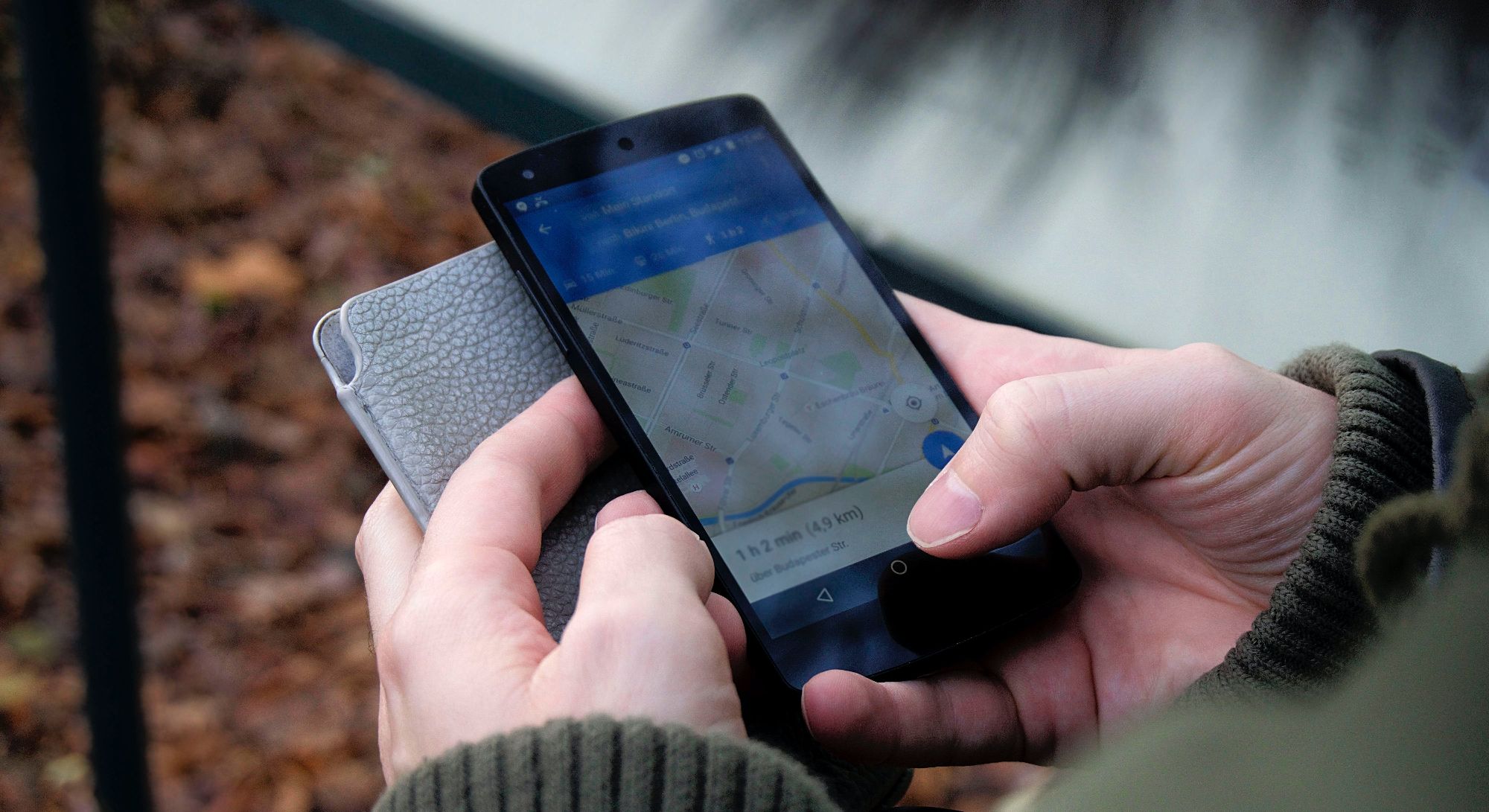Applications sit at the center of smartphone technology. With these nifty software programs, we can do just about anything, from communicating, to shopping, to checking the weather. But apps aren't perfect. They can malfunction, which is incredibly frustrating when we're trying to get things done. So, what are the most common causes of an app that won't open or function normally on your phone?
1. Overloaded RAM
Your phone's random access memory (RAM) is responsible for storing data in the short term. RAM holds data regarding your apps and other smartphone operations that require rapid or frequent access and is much faster than your smartphone storage. However, your RAM isn't nearly as big as your long-term storage capacity and can, at times, fill with useless fragments of old data. When this happens, performance issues may arise.
If your RAM fills entirely, your apps may take longer to load or crash altogether. To avoid this from happening, consider restarting your phone occasionally. When your phone is turned off, the RAM is cleared, freeing it up once again for a more streamlined performance.
2. Old App Software
Carrying out app updates can be annoying because it's a little inconvenient. But ignoring app updates for a long time will leave you with outdated software that simply isn't up to scratch. This can slow performance, cause crashes, and make an app almost unusable.
On top of this, old app software may have security vulnerabilities that cybercriminals can exploit. App updates often patch vulnerabilities and bugs, keeping you that much safer from malicious attacks.
So, don't be afraid to update your apps. This usually doesn't take very long and could be a big help in boosting app performance and security levels.
3. Old Operating System Software
This cause is somewhat similar to the previous one. Like applications, operating systems need regular updates to patch bugs, add extra features, and improve compatibility with other programs, including your apps. If you haven't updated your operating system in a long time, this could be the reason why your app, or apps, aren't loading or working properly.
Now, unlike app updates, operating system updates can take a while, sometimes up to an hour. This can be very inconvenient if you need to use your phone, so it's a good idea to initiate a software update before you sleep. That way, you won't be without your phone when you need it during the update.
4. Malware
Malware isn't just a risk to PCs and laptops; plenty of malware can infect your smartphone. For example, you may unknowingly install malware via a malicious attachment. Even applications can be malicious, designed specifically to install harmful programs or monitor your phone activity.
Some malware will go forever without showing "symptoms" on your phone, which is why installing a trusted antivirus program is always a good idea. But sometimes, certain malware can affect your phone to the point where it becomes very noticeable.
A particularly common symptom of malware on your smartphone is slow performance, which can cause apps to malfunction or crash. So, if you notice your apps acting up regularly, you may have a malicious program on your phone, which can be very dangerous. As previously mentioned, using an antivirus program is essential, as it can detect and delete harmful files and code before it can exploit your device.
5. Poor Wi-Fi or Data Connection
Most apps rely on an internet connection to function, such as Instagram, Postmates, and Amazon. So, if an app isn't loading properly, this may be because you have a poor or faulty internet connection, be it via Wi-Fi or data.
There are several ways to solve this issue, the most simple being restarting your phone or activating and then deactivating airplane mode, which could re-establish your connection with your Wi-Fi network or data provider. Alternatively, you could restart your router, reset your DNS, or deactivate your VPN if you're using one (as long as you feel it is safe to do so).
6. Old or Corrupt Cache Data
Your phone's cache is another form of temporary data storage. It can pull up relevant data when your apps are re-opened, but it can also cause problems. A full cache can cause apps to malfunction if the data being stored within corrupts, which can often happen. So it's not a bad idea to clear your cache every few months to free up space.
But note that clearing the cache of a given app will remove the data associated with it, such as your login information and in-app preferences. So only clear it if you've exhausted other possible solutions and are prepared to start afresh with the app.
7. Faulty Hardware
Sometimes, it's not the software to blame for your application issues. Hardware problems are commonplace in smartphones, which almost always require fixing or replacement (often by a professional service). This isn't great news, as you'll likely have to spend some money on resolving the issue. But faulty hardware doesn't fix itself, so you may need to take this step to get your phone back in full working condition.
Let's say, for example, that you're using an app that requires a Bluetooth connection. If your phone's Bluetooth capabilities are damaged in any way, this will likely cause in-app issues. Or, if an app requires a fingerprint login, this will be difficult if your fingerprint sensor isn't working.
8. The App Itself
It's not always your phone's fault that an app isn't working. Apps aren't impervious to issues and can run into problems regularly. Server crashes, DDoS attacks, bugs, and other factors can cause an app to malfunction. This is often temporary but can last longer if the problem is severe or the company behind the app doesn't have a dedicated team working on such issues.
You've probably come across this kind of problem before. Social media apps are known to experience server crashes now and then, which can affect some, if not all, of the application's functions. So, are you dealing with an individual complication or a larger problem?
A good way to determine if the app is malfunctioning is by conducting a quick online search. If the app is well-known enough, you should be able to check update pages, such as Is It Down Right Now?, to see whether this issue is "a you" problem or "an everyone" problem. Of course, if it's a popular app that your friends or family use, you can always ask them if they're experiencing the problem, too.
Have You Tried Turning It Off and On Again?
There is no one thing that causes all application problems. An array of factors can play into these issues, ranging from temporary to long-term. So, if any of your apps are playing up, one of the causes listed above may be responsible.

